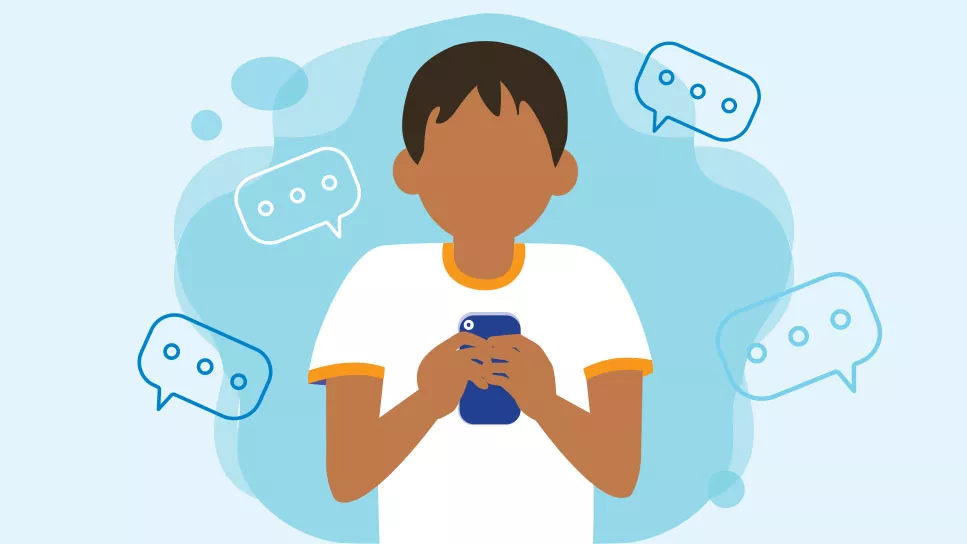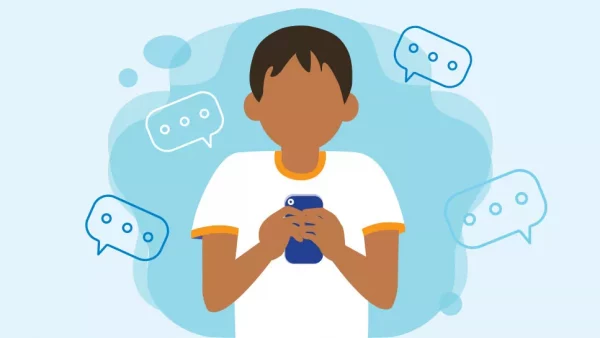Social media has transformed the way we connect, communicate, and interact with others. While it provides opportunities for maintaining relationships and expanding social networks, it can also affect social skills and behaviours in complex ways. For many, social media offers convenience and a sense of community but can also contribute to isolation or superficial connections.
Read more about Social Media
This article explores how social media affects you socially, highlighting both the benefits and potential challenges.
-
Expands Social Networks
One of the biggest advantages of social media is its ability to expand your social network. It allows you to connect with people across the globe, stay in touch with distant friends or relatives, and meet new people with similar interests. These platforms help foster relationships that might not have been possible in a pre-social media world, broadening your social horizons.
-
Strengthens Existing Relationships
Social media makes it easier to stay connected with family and friends, even when you’re apart. Platforms like Facebook, Instagram, and WhatsApp allow you to share life updates, celebrate milestones, and engage in casual conversations regularly. This consistent communication can help strengthen bonds by keeping relationships active, even when in-person interaction is limited.
-
Reduces Face-to-Face Interactions
On the flip side, frequent use of social media can reduce face-to-face interactions, as people increasingly rely on digital communication. Virtual relationships, while convenient, often lack the depth and emotional connection of in-person conversations. Over time, heavy social media use may lead to a decline in social skills, making it harder to engage in meaningful face-to-face interactions.
-
Fosters Superficial Connections
While social media helps you meet new people, these connections are not always deep or genuine. Many social media friendships remain surface-level, limited to likes, comments, or brief exchanges. This can lead to a sense of social fragmentation, where users have a large number of contacts but few meaningful relationships. Focusing on the quality rather than quantity of connections can help avoid this issue.
Sign up for the Connect Nigeria daily newsletter
-
Encourages Social Comparison
Social media often presents a curated version of people’s lives, which can lead to unhealthy comparisons. Constant exposure to others’ seemingly perfect lives, achievements, or appearances can lead to feelings of inadequacy or low self-esteem. This “highlight reel” effect can put pressure on individuals to conform to certain standards, negatively impacting social confidence and personal identity.
-
Provides Platforms for Activism and Support
On a positive note, social media has become a powerful tool for activism, support, and community building. Users can participate in social movements, raise awareness for causes, and find groups that share their passions or struggles. This sense of belonging can foster stronger social connections and help individuals find support networks, especially for those who might feel isolated in their offline lives.
-
Promotes Instant Gratification in Social Interactions
The fast-paced nature of social media often promotes instant gratification, with quick likes, comments, and messages offering immediate social validation. This can shape expectations for instant responses in real-life relationships, which might lead to impatience or frustration when interactions don’t happen at the same speed. Being mindful of these tendencies can help maintain more balanced social interactions, both online and offline.
Register to attend the CN Business Mixer
Conclusion
Social media affects individuals socially in both positive and negative ways, from expanding networks and strengthening relationships to fostering superficial connections and promoting social comparisons. Understanding these effects can help you navigate social media more thoughtfully, focusing on meaningful engagement while mitigating the challenges it presents to real-world social interactions.
Featured Image Source: Cleveland Clinic Health Essentials
Got a suggestion? Contact us: [email protected]


